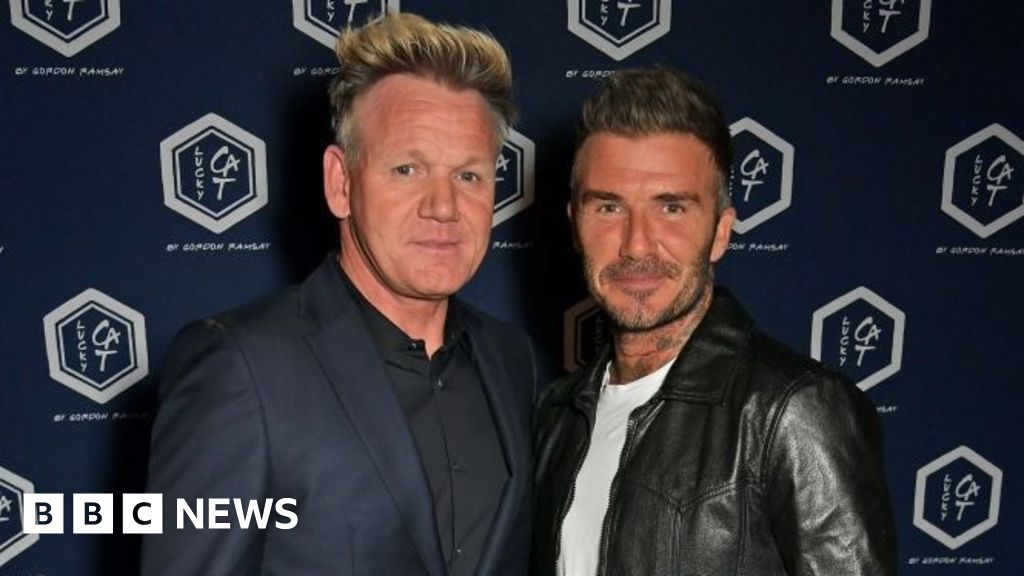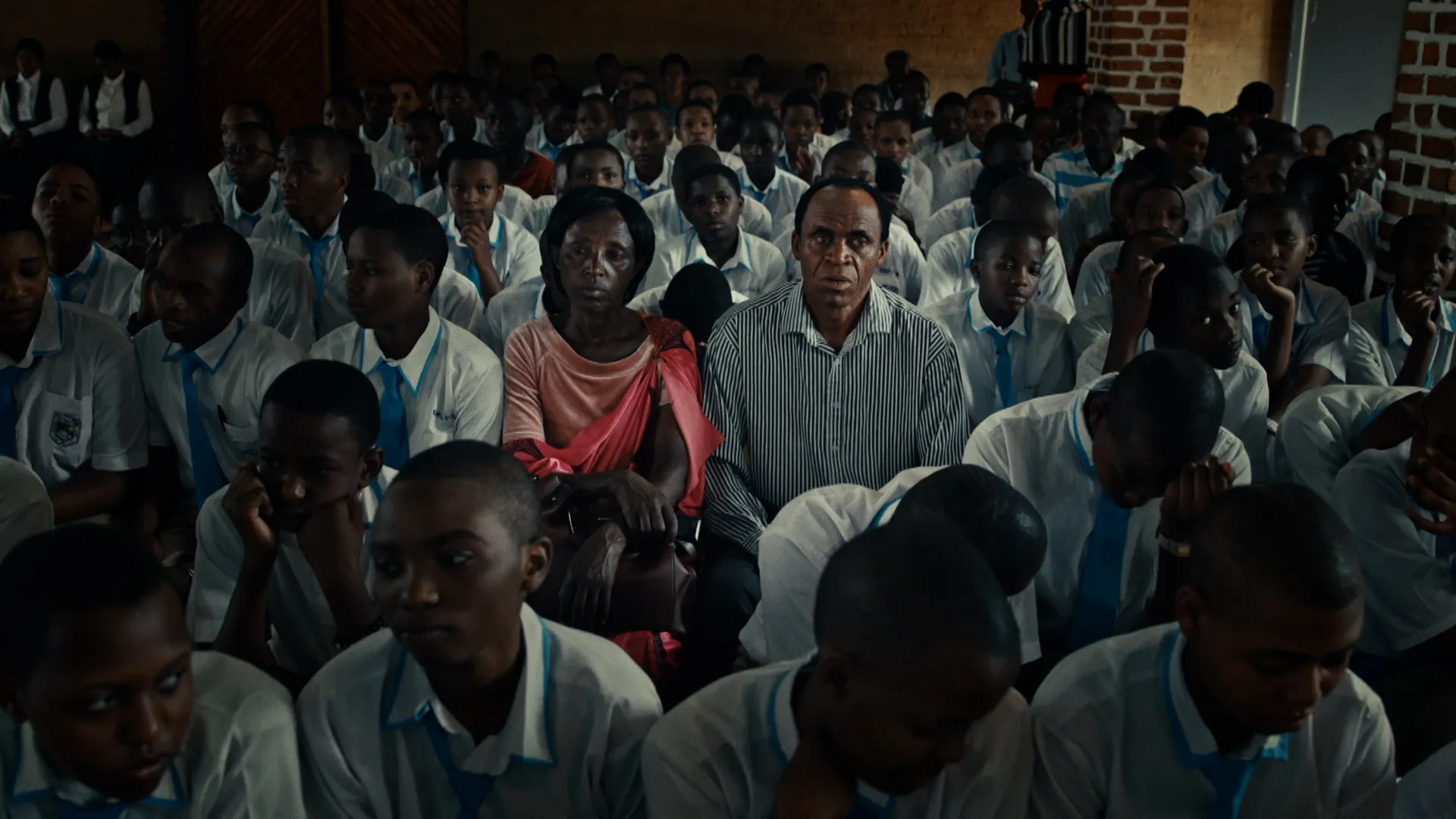In post-genocide Rwanda, fragile encounters see survivors and perpetrators face the past to reopen paths to coexistence.
In 1994, Rwanda was devastated when Hutu leaders orchestrated a systematic genocide against the Tutsi population – violence rooted in decades of engineered ethnic division and political manipulation designed to fracture the country. In the span of 100 days, nearly a million lives were taken, leaving communities destroyed and neighbours turned into enemies.
Decades later, the nation continues the difficult task of rebuilding trust. This episode follows Karenzi, a former perpetrator who was allowed to return to his village through the Gacaca courts, Rwanda’s traditional community tribunals. Under this system, reintegration depended not on serving long prison terms, but on openly confessing crimes, acknowledging the truth and seeking forgiveness from survivors. Karenzi’s path forces him to confront the weight of his actions and to engage directly with those who carry the memory of what he did.
As Karenzi and Murakatete begin to speak to each other, the episode witnesses how truth-telling, accountability, and the willingness to listen create a space for mutual healing, in the spirit of Mvura Nkuvure: “I heal you, you heal me.” Through their shared effort, the film explores how Rwanda’s reconciliation process continues to evolve, shaped by the people who dare to face one another after unimaginable loss.
A film by Fatima Lianes
Published On 11 Feb 202611 Feb 2026
Source link

